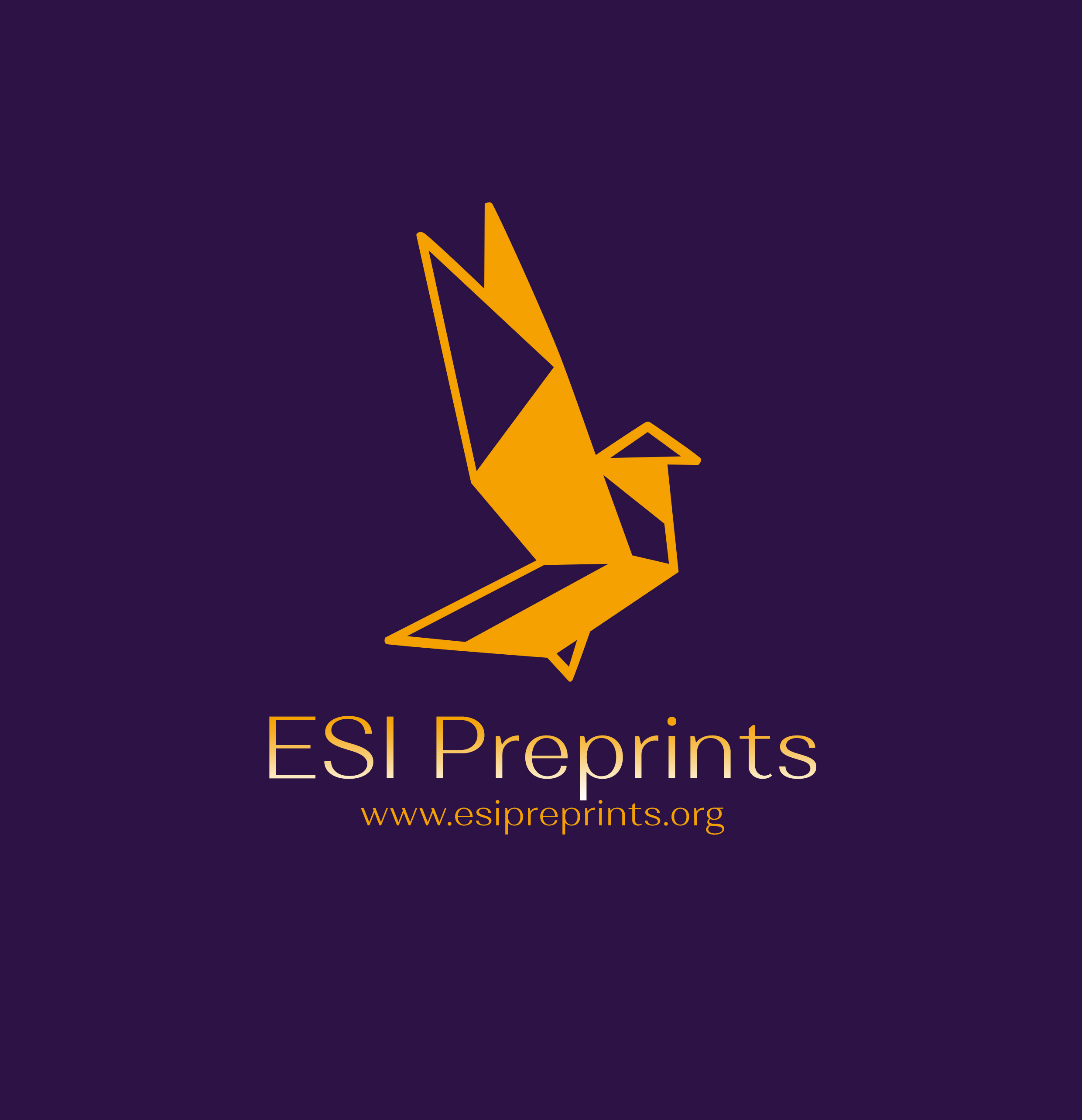Labour and Employment Policy: Opportunities and Challenges for Undergraduate Students
Abstract
The presented article discusses the mechanisms of employment and promotion of undergraduate students, which, on the one hand, will improve the socio-economic status of students, and on the other hand, will help them combine work and study. Based on the review of the international literature, the circumstances and features promoting the employment of students were studied, the challenges faced by undergraduate students in Georgia during employment were analyzed and identified. As a result of the obtained data, such hindering circumstances of employment were determined, such as unsuitable work schedule, lack of student work in the labour market, low interest of employers in employing students, wages and working hours. Based on the sources, approaches, practices and mechanisms in the world focused on the promotion of student employment, which in itself improves the socio-economic status of students and increases their motivation to study, have been identified. The article presents the advantages and disadvantages of mechanisms promoting the employment of undergraduate students and generalizes them in relation to the existing international practice. The results of the research will be of interest to state representatives and employers who employ students and face certain challenges, representatives of the education field, specialists in the field and individual experts, however, the issue of development of programs supporting the employment of students by the state, their sphere of influence and the initiatives of employers to employ students is a separate subject of research.
Downloads
References
2. Agentur Junges Herz. Werkstudentenvertrag – Lohn, Arbeitsrecht und Versicherung, https://www.agentur-jungesherz.de/hr-glossar/werkstudentenvertrag-lohn-arbeitsrecht-und-versicherung/#:~:text=W%C3%A4hrend%20des%20Vorlesungszeitraumes%20d%C3%BCrfen%20Werkstudenten,welcher%20der%20Student%20t%C3%A4tig%20wird , https://www.agentur-jungesherz.de (28.09.2023)
3. Allwörden, Daad (Deutscher Akademischer Austauschdienst). Der Nebenjob. https://www.daad.de/de/studieren-und-forschen-in-deutschland/erste-schritte-deutschland/nebenjobs/ , www.daad.de (12.09.2023)
4. Bregvadze, T. (2013). Strategic development of higher education and science in Georgia, Analysis of higher education policy according to five strategic directions. Tbilisi: International Institute for Education Policy, Planning and Management
5. Georgia, The Parlament of Georgia. (2020). Law of Georgia on Employment Promotion (270170000.05.001.019966, 17.05.2023) Tbilisi: Legislative Gazette.
6. Georgia, Minister of Foreign Affairs of Georgia. (2000). International agreement of Georgia. International on Economic, Social and Cultural Rights Pact, (430003000.00.000.000338) Tbilisi: Legislative Gazette.
7. Georgia. National Statistical Office of the state of Georgia. (2022). Account. Unemployment rate by age in 2022.
8. Hauschildt, K., Gwosć, C., Schirmer, H., Cras, F. (2019). THE SOCIAL DIMENSION OF STUDENT LIFE IN THE EUROPEAN HIGHER EDUCATION AREA IN 2019. Eurostudent VII.
9. Healy, A., Perkmann, M., Goddard, J., & Kempton, L. (2012). Measuring the Impact of University Business Cooperation. European Commission
10. Human Rights Research Institute. Grigol Robakidze University. (2017). Analysis of state employment policy in Georgia and European countries. www.gruni.edu.ge (12.09.2023)
11. Javaxishvili, N. (2011). Promotion of employment of students by higher educational institutions of Georgia. Tbilisi: Tbilisi State University http://erasmusplus.org.ge/ (29.09.2023)
12. Kikutadze, V,. Kvirkvaia, M., Dagelishvili, N., Gujaraidze, G,. Tavxelidze, T. (2022). A study of cooperation between higher educational institutions and employers in Georgia, pp 4-30
13. Millard, L., Hargreaves, J. (2015). Creatively employing funding to support innovation.
Innovations in Education and Teaching International. Issue 3. (Volume 52, 2015) pp. 335-344 www.tandfonline.com (12.09.2023)
14. Ministry of Education and Science of Georgia. Ipm studies. National project of Eurostudent VI Tbilisi. www.mes.gov.ge (29.09.2023)
15. Ministry of Education and Science of Georgia. Unified strategy of education and science 2017-2021. www.mes.gov.ge
16. Papashvili, A., Bejanidze, T. (2022). Higher education and social justice - Study of students' social needs
Friedrich Ebert Stiftung https://library.fes.de/pdf-files/bueros/georgien/19631.pdf
17. Rakovska, N., Pavlin, S., & Melink, M. (2014). Assessment of cooperation between higher education institutions and employers in Europe. European Commission Results of the 2019-2021 Eurostudent survey. https://www.mes.gov.ge (28.09.2023)
18. Shudra, T. (2014). Part-time work. Labour Law. Tbilisi: „meridiani“
19. Socio-Economic conditions of Georgian higher aducational institutions students related to other European countries. Eurostudent Results 2019-2021
Copyright (c) 2023 Mariam Davitadze

This work is licensed under a Creative Commons Attribution 4.0 International License.








